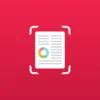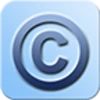
plagiarism detection
- 5.0 RATINGS
- 69.00MB DOWNLOADS
- 4+ AGE
About this app
-
Name plagiarism detection
-
Category PERSONAL
-
Price Free
-
Safety 100% Safe
-
Version plagiarismDetection_20190521
-
Update Oct 29,2024
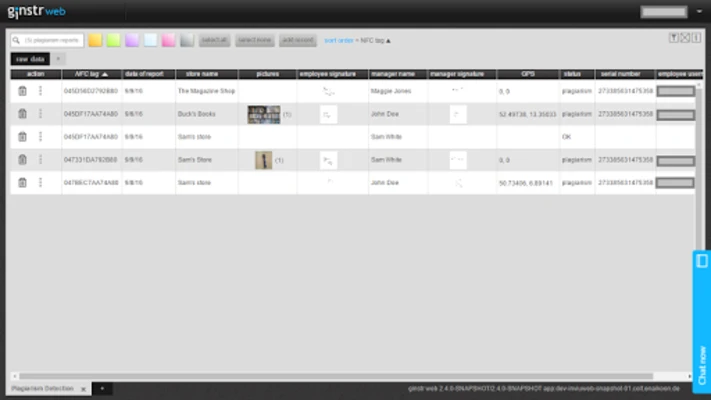
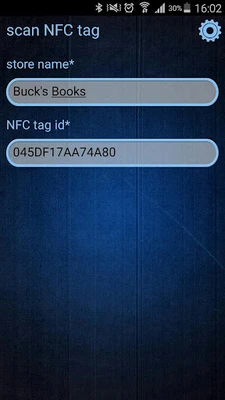
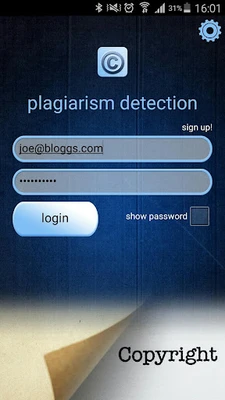
In the vast expanse of the digital landscape, where information is readily accessible at our fingertips, the issue of plagiarism has emerged as a pressing concern. With the proliferation of online content and the ease of copying and pasting, maintaining academic integrity and ensuring originality in written works has become increasingly challenging. To address this challenge, plagiarism detection apps have emerged as indispensable tools, revolutionizing the way we verify the authenticity of written content.
Plagiarism, by definition, is the unauthorized use or close imitation of someone else's ideas, writing, or inventions, and presenting them as one's own. In academia, it is a severe breach of ethics that undermines the credibility of research and education. In professional settings, it can damage reputations and lead to legal consequences. Therefore, the development of efficient plagiarism detection apps has become a necessity.
The Evolution of Plagiarism Detection Technology
Early methods of detecting plagiarism involved manual comparisons of texts, which were not only time-consuming but also prone to human error. However, with advancements in technology, particularly in natural language processing (NLP) and artificial intelligence (AI), plagiarism detection apps have evolved into sophisticated tools capable of quickly and accurately identifying instances of uncredited borrowing.
These apps work by scanning submitted documents against vast databases of published and unpublished content, including academic journals, books, websites, and even social media posts. Using complex algorithms, they analyze the text's structure, vocabulary, and phraseology to detect similarities beyond mere word-for-word copying. They can even identify paraphrased content, where the original idea is retained but the words are rearranged or replaced.
Benefits of Using Plagiarism Detection Apps
1. Efficiency: Plagiarism detection apps significantly reduce the time and effort required to review written works for authenticity. Automated scans can be completed in minutes, allowing educators and professionals to focus on more pressing tasks.
2. Accuracy: By leveraging AI and NLP, these apps offer a high degree of accuracy in detecting even subtle instances of plagiarism. This ensures that no case of uncredited borrowing goes unnoticed.
3. Convenience: Most plagiarism detection apps are accessible online, eliminating the need for specialized software installations. Users can simply upload their documents, run a scan, and receive instant results.
4. Education: Besides flagging plagiarized content, some apps provide feedback and educational resources to help users understand the importance of originality and how to avoid plagiarism in the future.
5. Promotes Integrity: By making plagiarism detection more accessible and efficient, these apps encourage individuals to adhere to ethical standards and uphold academic integrity.
Challenges and Considerations
While plagiarism detection apps offer numerous advantages, there are also some challenges and considerations to keep in mind. False positives, where legitimate citations or common phrases are mistakenly flagged as plagiarized, can occur. Additionally, the accuracy of the results can depend on the comprehensiveness of the databases being searched. Therefore, it's crucial to use reputable apps that regularly update their databases and employ advanced algorithms.
Furthermore, the ethical use of these tools is essential. While they can be invaluable in maintaining academic integrity, they should not be used to unfairly accuse individuals or stifle creativity. Educators and professionals must use them responsibly, taking into account the context and intent behind the written work.
In conclusion, plagiarism detection apps are indispensable tools in the digital age, empowering educators, researchers, and professionals to efficiently and accurately verify the authenticity of written content. By harnessing the power of AI and NLP, these apps are revolutionizing the way we approach plagiarism, fostering a culture of integrity and originality in all realms of written communication.










